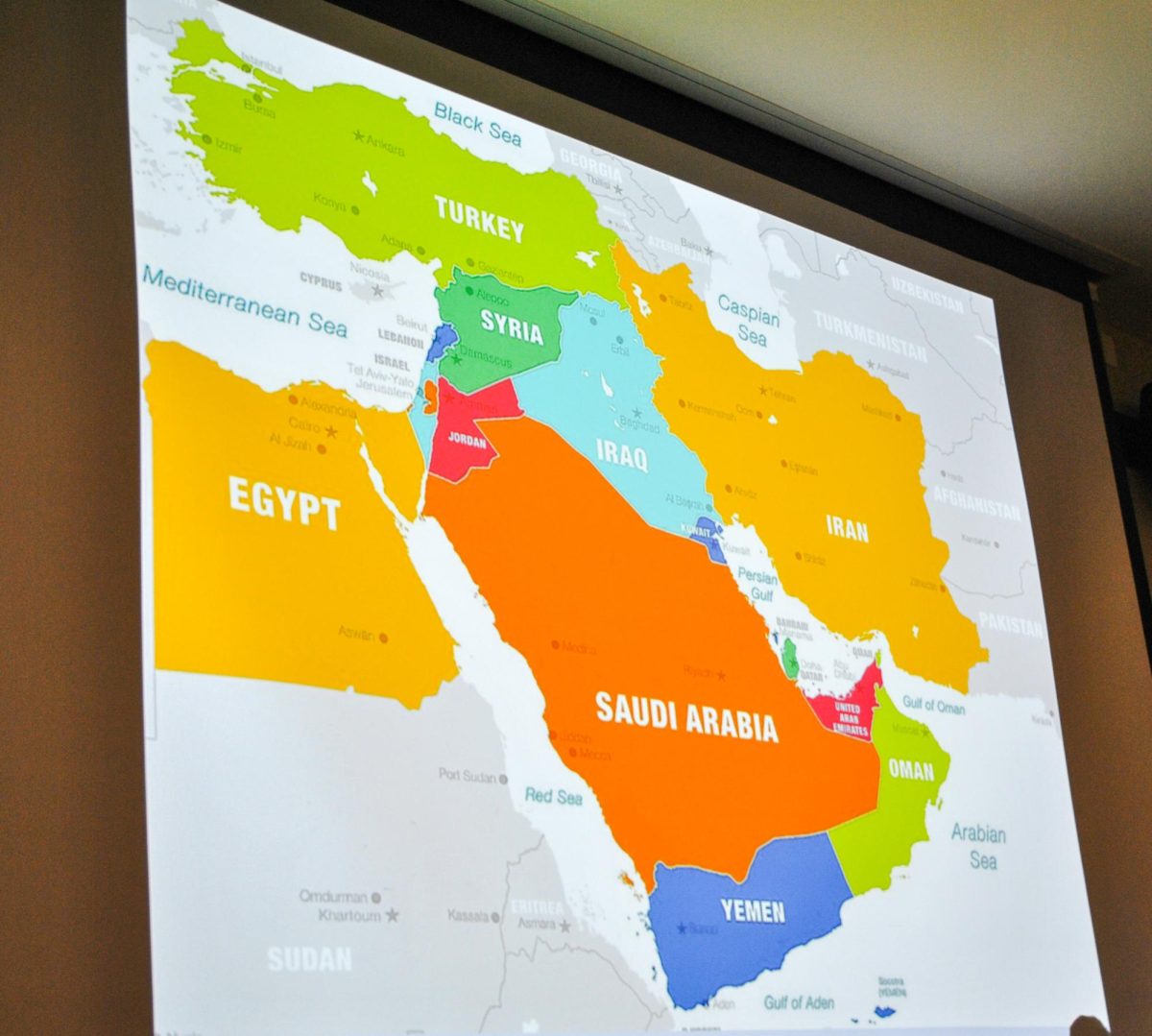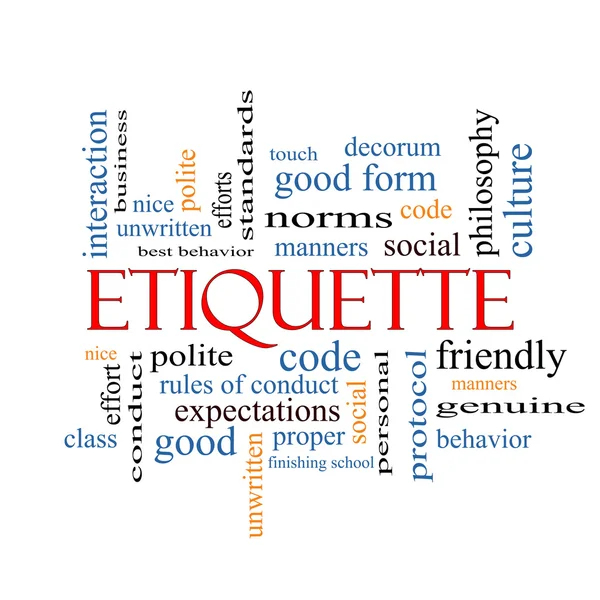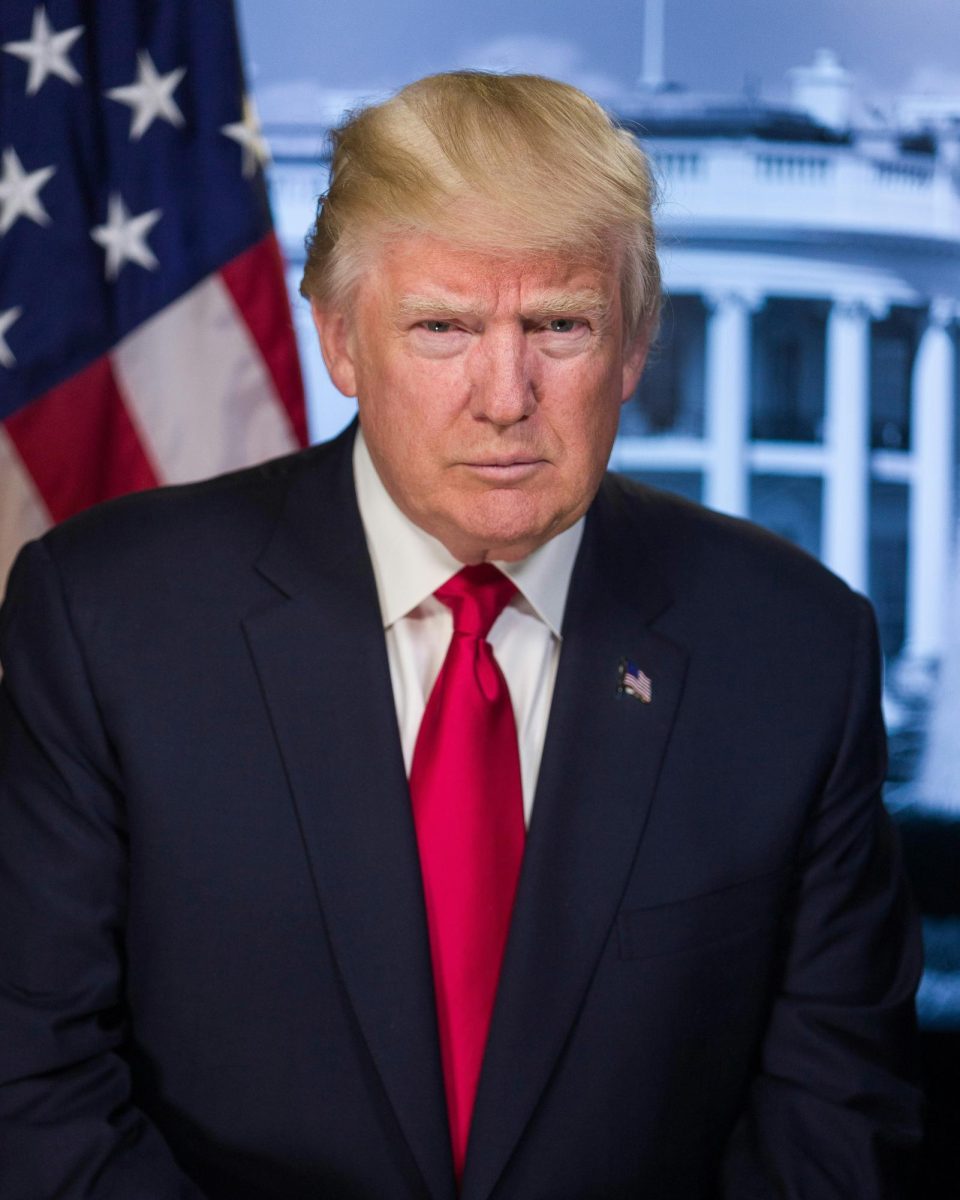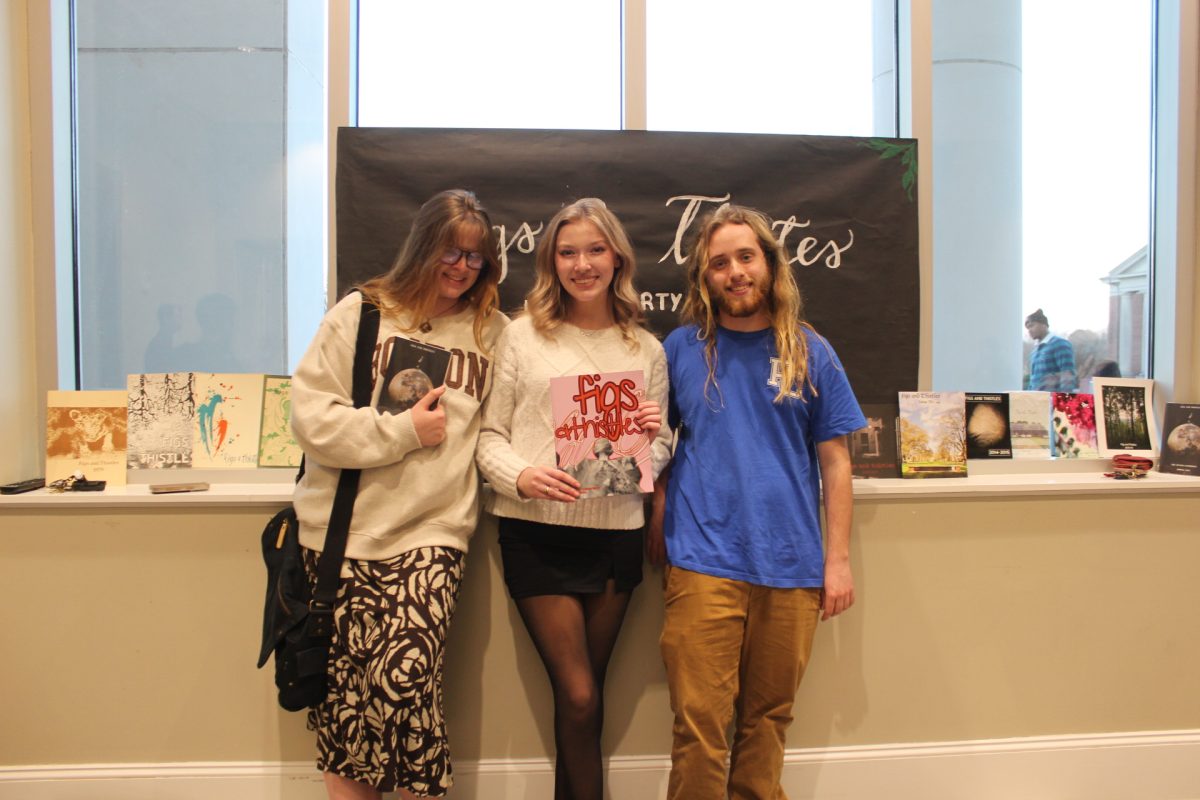In light of recent events in Israel and Palestine and a lack of student knowledge on the subject matter, Dr. Stefan Wiecki, a history professor here at PC, organized a panel discussion to inform students about the war, the history behind the warring groups, and politics moving forward. Dr. Wiecki invited two of his colleagues to provide insight and answer any and all questions: Dr. Roy Campbell, a PC history professor with a specialty in Asia and the Middle East, and Dr. Justin Lance, a PC political science professor.
It was in Kuhne Auditorium on October 18th, from 5:00 p.m. to 6:15 p.m. The entirety of Kuhne was almost full, with students from every year eagerly listening to each professor. Some even had their laptops out and were actively recording notes.
The panel began with Dr. Wiecki explaining the depth of the current conflict between Israel and Palestine by focusing on recent events that acted as catalysts for the war. After going through the geographical location of the two conflicting sides and social group disparities, he turned it over to Dr. Campbell to detail historical conflicts that accelerated tensions in the Middle East.
Dr. Campbell started with World War I and the nationalistic competitions in the world at the time, while specifically focusing on the Middle Eastern region. At the beginning of his portion, he stated that it was necessary to go that far back because Israel and the Middle East as a whole have an intricate history of tensions between cultural groups that were intensified by nationalism.
After his twenty-minute presentation, the floor was given to Dr. Lance. He discussed the political tensions between Hamas and Israel as well as the rest of the world. He juxtaposed the goals of each side, offering commentary on why each side was justifying their actions. His portion portrayed the complexity of the conflict and why the discussion panel event was created.
Following the end of his section, the professors allowed for any and all questions students had after learning all of the new information. There were several eager students with questions ready. The discussion lasted a little past 6:15 p.m., and all attendees left Kuhne Auditorium with extra knowledge about the world and the Israeli-Hamas conflict that is ever-present in our lives today and will continue to be in the unforeseeable future.
Thank you to Dr. Wiecki, Dr. Campbell, and Dr. Lance for educating us all!







